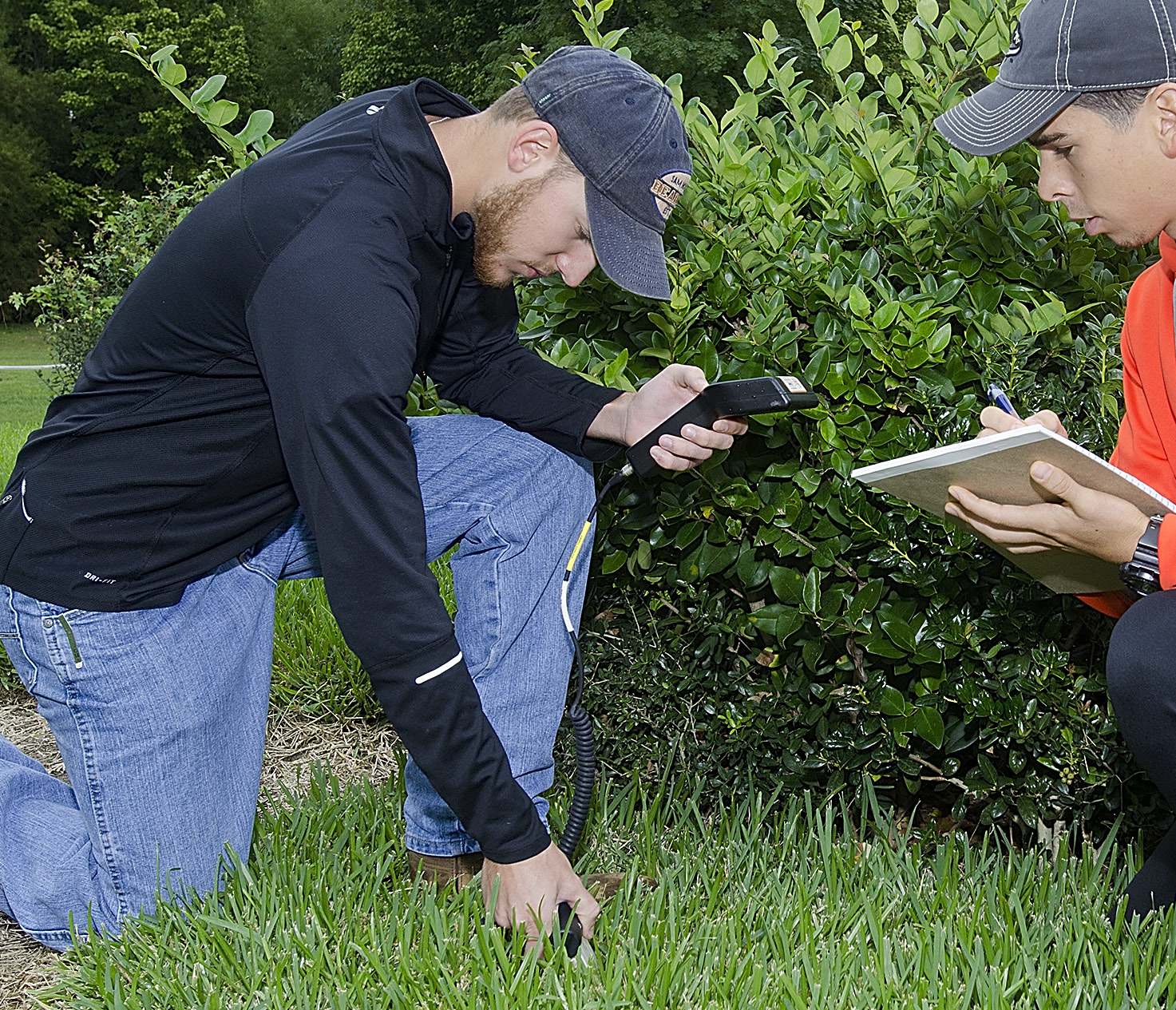Sam Houston State University has a rich history supporting the agricultural sciences sector. The School of Agricultural Sciences traces its roots back to 1909 and was one of the first programs in the nation authorized to train teachers in agriculture. Today, with more than 1,000 undergraduate majors, SHSU has one of the largest non-land-grant agriculture programs in the U.S.
In Spring 2022, the university broke ground on a $22.9M phase 1 Agricultural Science Education and Research Complex at Gibbs Ranch that includes:
- Academic Learning Center
- Meat Science Technology Center
- Equine Science Center
- Multi-Purpose Agricultural Science Center
- Plant and Soil Science Center
The university is seeking funding to minimize the cost of student fees associated with these new facilities.

